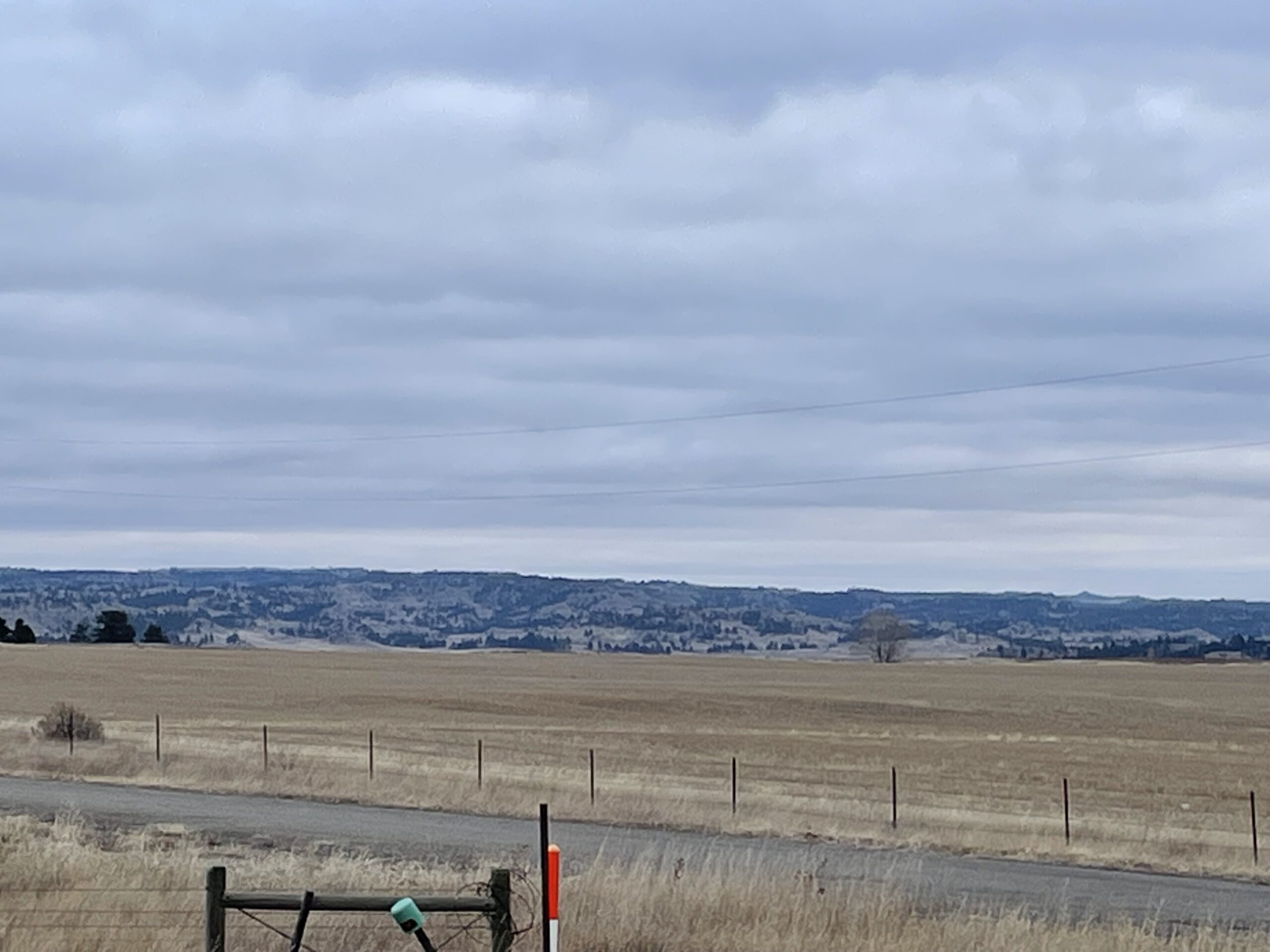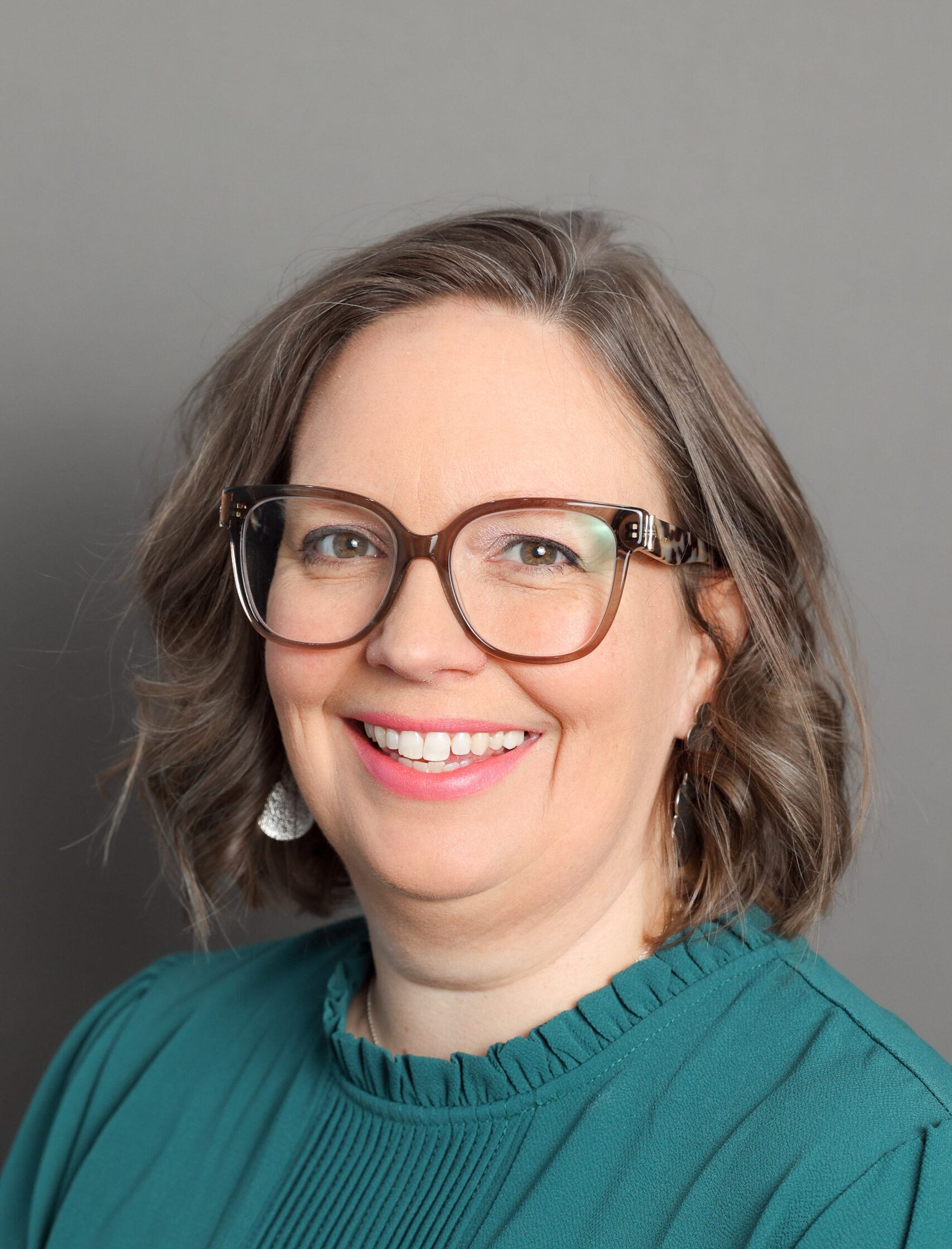Thin spaces: Recognizing humanity

There is ancient Celtic Wisdom that talks about ‘thin spaces,’ spaces where we are disorientated and sometimes confused. These are spaces where we are jolted out of the way we see the world and forced to look more deeply within. I encountered such a space recently, and I continue to think about it to reflect on what I learned and how all my senses were impacted, but I also wanted to tuck it away and forget.
At CDP, our work is about people. We approach our community partners and each other with care and thoughtfulness, recognizing the humanity central to our work and the dignity of those affected by disasters. We also believe that the language and images we use matter: They can undermine or advance equitable recovery and the development of lasting solutions. I recognized the importance of these values in this space.
I am careful in telling this story because I am deeply aware that I don’t want to sensationalize or harm and that, while awareness and attention from others toward this community is needed and must be done in the right way, the process is just as important, if not more important than the result.
“We are an invisible people, among invisible people.”
On a trip to Montana, I had the opportunity to visit a grantee partner, Plenty Doors Community Development Corporation, an organization working with the Crow people or Apsáalooké Nation, who reside near the Big Horn Mountains in south central Montana. Since my time there, I have been reflecting on a conversation about being invisible, left out, intentionally abandoned and marginalized. People I spoke to expressed that they knew the need to share their stories but hesitated because those who received the stories are not always trustworthy.
This is a community whose experience has created both the reality of brave, courageous survival and deep grief and trauma. A community that has and will continue to care for each other, welcome the stranger and seek the best for each neighbor. A community that boldly states, “with adequate resources, our people will be a Nation that determines for ourselves how we can create a good future for our children and those to come.”
“Everything is recovery from systemic oppression”
Access to water is significant, historic and rooted in centuries of disinvestment and marginalization. According to the US Census Bureau’s American Community Survey, 522,752 households lacked complete plumbing access in 2021. And, according to the U.S. Water Alliance, Native American households are 19 times more likely than white households to lack indoor plumbing.
Water is something that most of us take for granted. Maybe we’ve experienced a water shortage or a boil notice, but service is often quickly restored. There are communities, both large and small, for whom access to water is a constant struggle. After disaster, I’ve seen truckloads of bottled, boxed, bagged and canned water delivered to communities, but what happens when the crisis lasts for years? What happens when the bottled water runs out before the water systems are repaired? What happens when the infrastructure that supports this essential need is aging, non-existent, broken and disinvested in? What do communities do with chronic, ongoing needs?
Often, it starts small. Someone, or a group of someones, in the community begin to organize. In the Crow Nation community, several organizations are gathering to support a water, sanitation and hygiene (WASH) program that will mobilize community agents to work with households on their needs related to safe, sanitary, secure and functional housing. On our visit, we were in two homes without running water that desperately needed the support of the program.
“We are doing the work, we just need…”
I often see one of two approaches to working in rural communities. At times, funders require communities to have shovel-ready ideas complete with concrete, written theories of change and logic models, heavy evidence bases, fully planned and confirmed matching funds from other donors, and/or other components that cost money and time. Or, funders assume that the community does not have any of these things or the capacity to assess their needs; failing to listen or notice the work that is already happening.
I have found most communities are somewhere in between; they know what they need, they may need help putting that plan to paper and moving it forward, but funders should fund that work. These communities also may need experts to partner with them to get to the next steps. But these “experts” should be the kind that are culturally competent and see their role as complementing, not superseding, community-led processes. I’ve heard from many, “we know what we need to do, we just need flexible funding, with little or no ‘strings’ attached.” Often communities also need time to do the process well, funding to pay and train staff, and maybe a bit of training or advisory services.
Connecting
As a grantmaker, I want to constantly learn from my grantee partners and I want to support them in a variety of ways—money, time and connections to other expertise and resources. I will admit I feel internal pressure to “get ‘r done,” which leads to moments of disconnect; moments when I forget that the process is as important as the outcome and that being trusted and respected goes hand in hand with respecting and trusting.

As I drove away from the Crow Nation community, I was grateful for these grantee partners who trusted me with this ‘thin space’ and grateful to work among people who value empathy and center humanity. On the way, I stopped to take a photo (above) of the landscape, which reveals much about the people who reside there—breathtaking beauty, grounded determination to flourish and deep interconnectedness that regularly reminds us that we cannot work alone.
